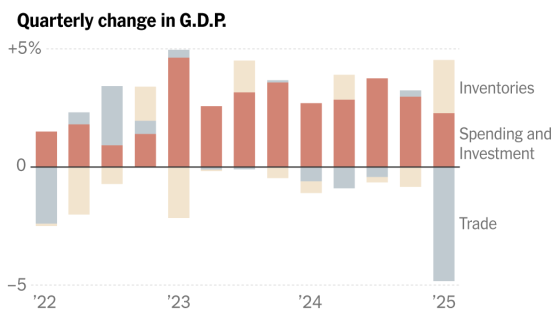Chinese retailer Temu is adapting to new U.S. tariffs that significantly impact global trade dynamics. As of 2025-05-04 01:29:00, the U.S. has altered its tariff landscape, affecting how companies operate across borders.
- Temu shifts strategy due to U.S. tariffs.
- Trump ends de minimis tariff rule.
- Tariffs on Chinese goods increased over 100%.
- U.S. shoppers face high import charges.
- Temu now lists U.S. warehouse products only.
- Company recruits U.S. sellers for growth.
The recent executive order by President Trump has ended the de minimis rule, which previously allowed goods valued at $800 or less to enter the U.S. tariff-free. This change has forced Temu and other retailers, including Shein and Amazon, to rethink their strategies and adjust pricing structures.
This significant policy change raises questions about the future of cross-border e-commerce. How will retailers adapt to these new challenges? Temu’s strategy shift to recruit U.S. sellers highlights the growing need for local solutions in an increasingly complex trade environment.
- U.S. tariffs are reshaping pricing strategies for global retailers.
- Local sellers may benefit from increased visibility on platforms like Temu.
- Consumers could face higher prices and limited product availability.
- Global supply chains are under pressure to adapt quickly.
As global markets adjust, businesses must remain agile. The future of international trade may depend on how quickly companies can innovate and respond to these evolving challenges.
































